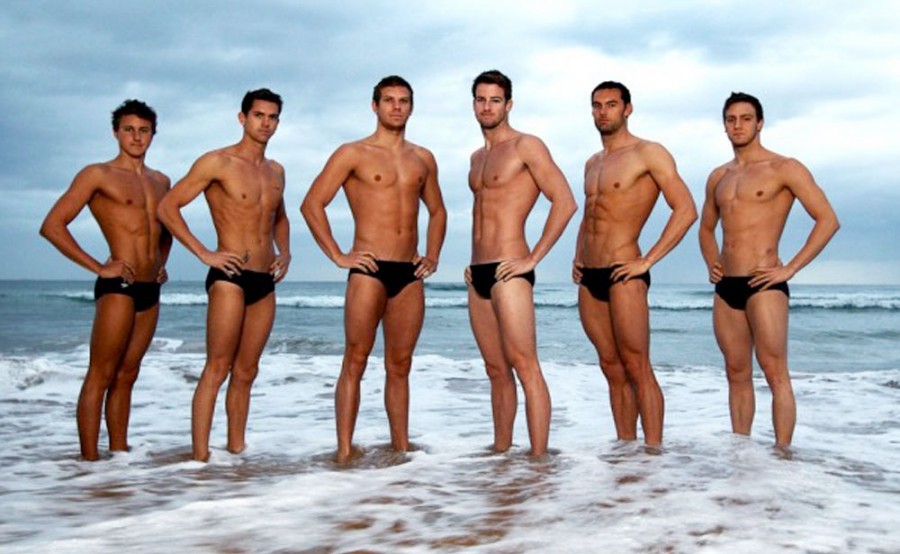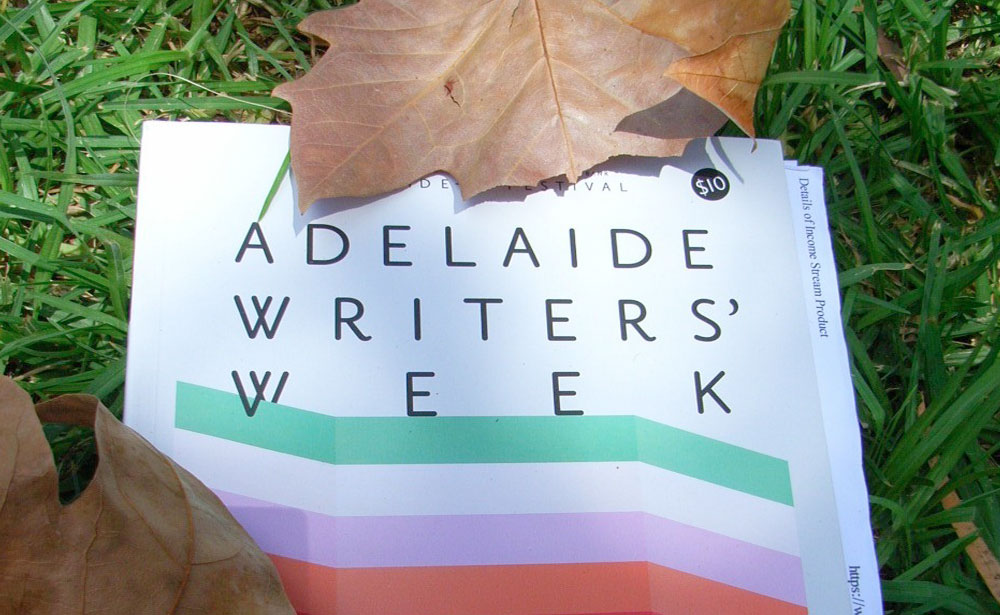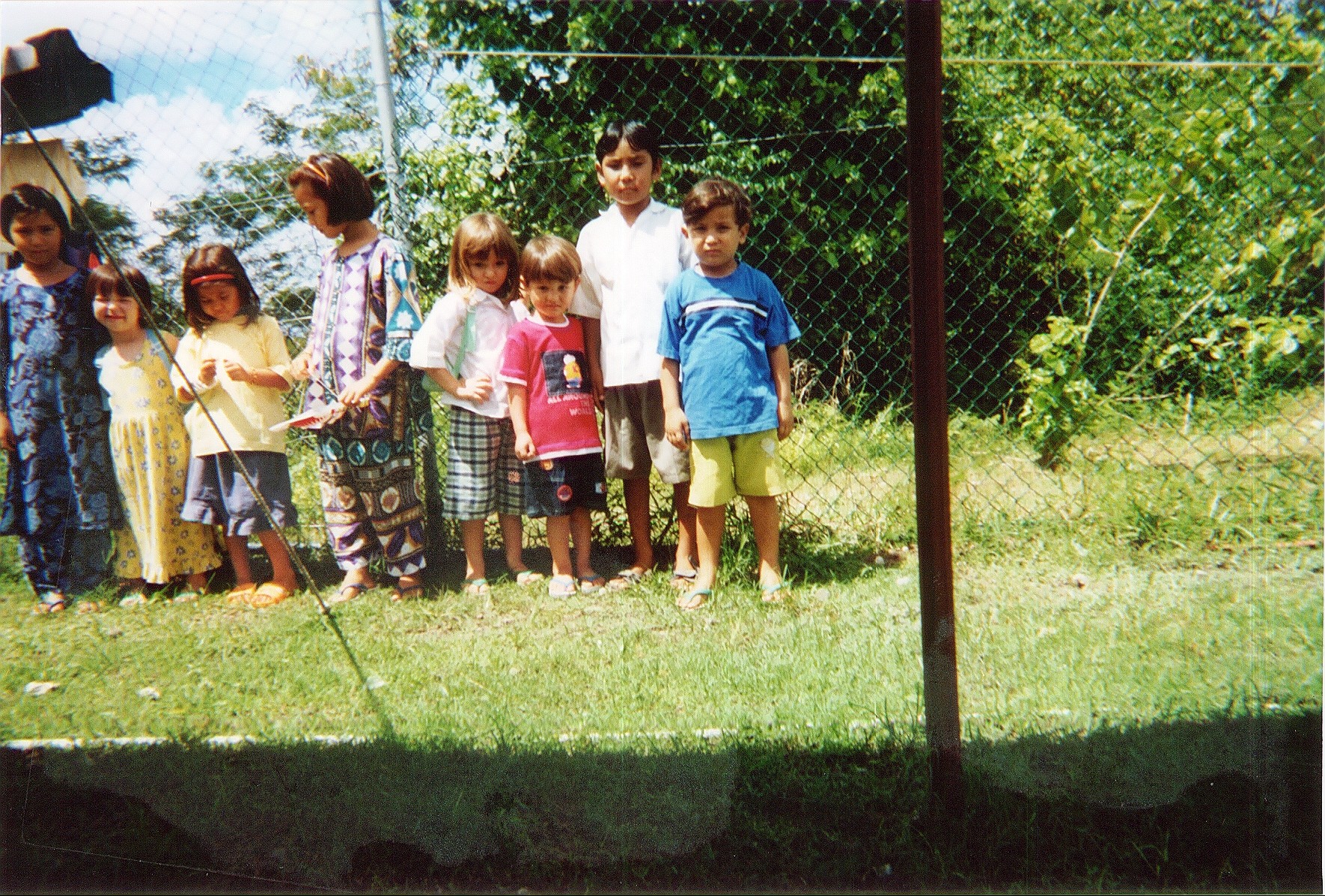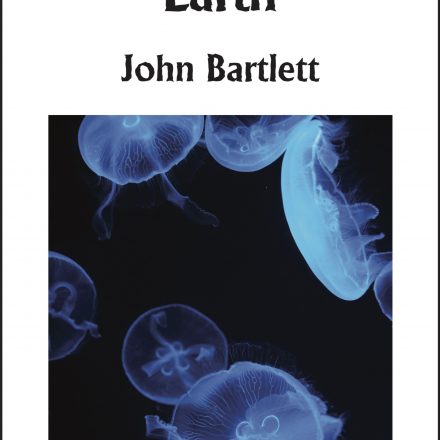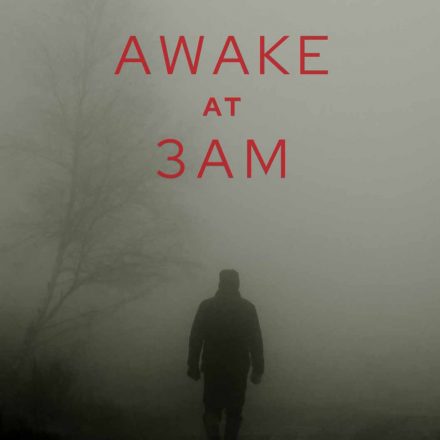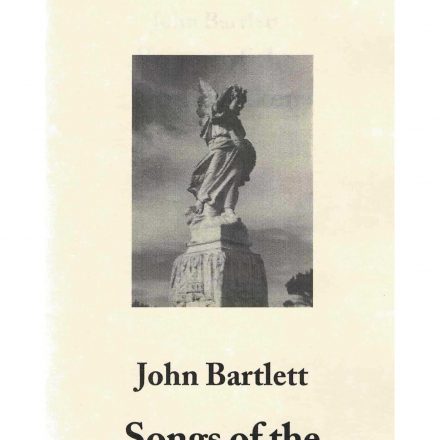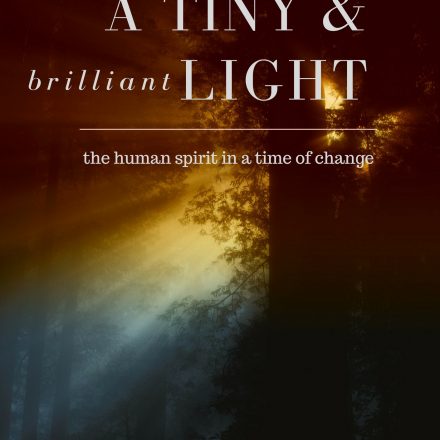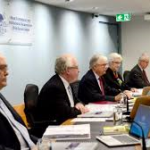Is the concentration on elite sport in Australia merely creating a pack of spoilt brats?
When I was growing up and going through Primary and Secondary schooling, sport was always a source of concern rather than enjoyment for me. I was usually the student who waited with baited breath to be chosen for an Aussie rules football team, only to be the last ‘left-over’ choice that neither team really wanted on their side. No wonder then that my attitude to sport has been forever scarred psychologically by this early rejection.
This might also explain my jaundiced attitude towards our apparent preoccupation with developing elite sportsmen and women above and beyond their worth and at the expense of other young people.
Why do the media obsess about discovering the latest mythic figure of sports prowess? Each night our news portrays the latest ‘heroic’ sports achievement or weeps to announce some sporting failure. We expect so much of these young men and women and lavish such money on their success and development. Why? Are we still struggling to maintain our ‘bronzed Aussie’ image to the world and is this image somehow linked with our portrayal or our military heroes too from Gallipoli to Afghanistan? We demand that our young people are always extraordinary. Is this fair?
There are extraordinary young people in other areas of society too but they don’t rate in the same way. I guarantee most Australians have never heard of Alexander Gavrylyuk, Ukrainian-Australian pianist currently living in Berlin who is becoming one of the world’s most sought-after pianists. Not yet 30, Gavrylyuk has performed with some great conductors and leading orchestras including the New York and Los Angeles Philharmonics. (http://www.abc.net.au/radionational/programs/booksandartsdaily/pianist-alexander-gavrylyuk-back-in-australia-for-2-performances/4531330) Arts still doesn’t rate as highly as sports.
Perhaps it has more to do with the level of funding involved. We want the bangs for our buck. In 2012 Sports Minister Kate Lundy defended the $170 million spent on elite sport each year but perhaps recent revelations might demand a rethink. Is this a good use of taxpayer money? Those revelations have outlined the extent of doping in elite sports and have cast somewhat of a sombre shadow but few commentators have been calling for a review of funding or of the system that appears to be training spoilt brats.
In 2008 Nick D’Arcy, an elite Australian swimmer was convicted of assault against fellow swimmer Simon Cowley and was subsequently dropped from the 2008 Olympic team. Despite a suspended prison sentence D’Arcy was later named as a member of the Australian swimming team for the London Olympics and allowed to compete. Where was the duty of care for either of these young men? And is it fair to blame these young sportspeople entirely for their behaviour? They live under extraordinary pressures and expectations from the Australian taxpayer and any failure on their part amounts to a public disgrace.
Perhaps that tolerance of criminal behaviour by mature sports officials now means that now the chickens have come home to roost. Today we are awaiting new explosive ‘revelations’ by a salivating media about ‘inappropriate behaviour’ and the use of prescription drugs, in the lead-up to the London Games by the men’s swim team. Will this merely be a matter of high jinks by young people letting off steam or something more serious? Only the grumpiest of us would expect that young people crammed together under such pressures would not want to let off stream. The question is what level of ‘high jinks’ is the public prepared to tolerate and where is the duty of care for these young people of whom we expect so much? Are we just creating a bunch of elitist spoilt brats?
A recent programme from the ABC’s ‘7.30’ got me thinking about appropriate use of public funds. A study by the Murdoch Children’s Research Institute has found one in five children starting primary school has a speech or communication problem. Speech pathologists say that more help is needed in those crucial early years if more kids are to avoid ending up in juvenile detention. Currently across Australia, there’s an average of just one speech pathologist for every 3,000 children in schools. I wonder how many speech therapists could be employed for some of that $170 million sports budget.
Pamela Snow from the School of Psychology and Psychiatry at Melbourne’s Monash University says that there is evidence to show a direct correlation between language disorders and children going off the rails. It’s revealed 50 per cent of Australian children in juvenile detention have a communication or language disorder. Problems range from acquired brain injury to foetal alcohol syndrome and autism. And the more violent the offence, the more likely they are to have speech difficulties.
I know which programme I would prefer to fund.

